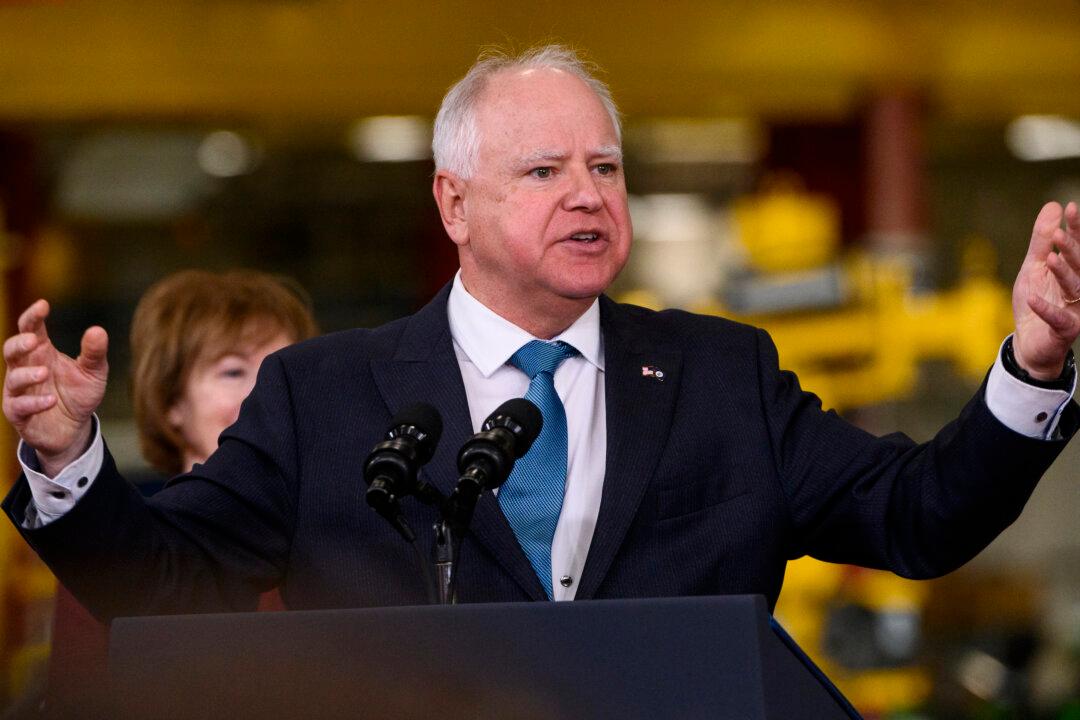Minnesota Gov. Tim Walz on Thursday vetoed a measure that would have required a minimum wage for rideshare drivers.
The bill, House File 2369, would have required that drivers for rideshare companies such as Lyft and Uber be paid a minimum of $5 per ride, or at least $1.45 per mile and at least 34 cents per minute in the metro area. The rates would have also been adjusted each year for inflation.




